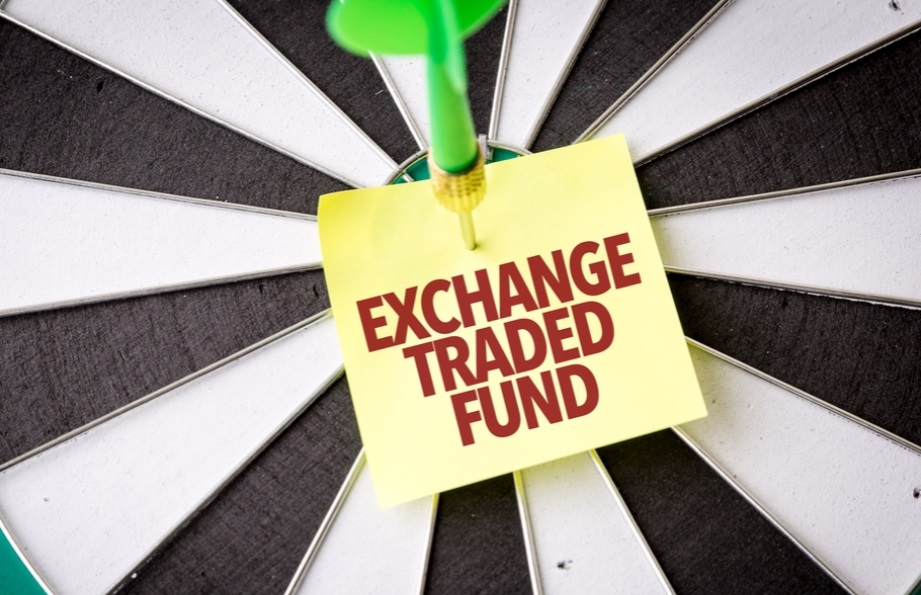For the new investor who is just starting out, selecting individual stocks may be daunting but ETFs can provide instant diversification and exposure to the share market for these beginners.
What are ETF’s
Instead of buying individual stocks, investors can buy a managed fund listed on the stock exchanged called Exchanged Trade Funds (ETFs). Many of these products track an index, so investors can buy these products and gain exposure to the index that the ETF tracks. For instances if an investor wants to gain exposure to the top 200 stocks of the Australian stock exchange, they can buy an ETF which mimic the performance of the ASX200. That is, the fund performs the same way the ASX 200 does. These funds are open ended which means there is no limit to how many units are issued, new units can be created. A closed ended fund means there is a limited amount of units in the fund which can be sold. ETF’s are usually passively managed funds. These funds do not try to outperform an index but just match the performance. The fees in ETFs are usually low.
How ETFs track indexes?
If an ETFs aims to track the ASX 200, the ETF provider will buy all the companies in the index and the percentage portions allocated to each stock as per the index. They buy these companies in a unit trust and it is the unit trust which owns these shares. When an investor buys units in an ETFs they own the units in the managed fund and not the underlying shares. Investors in these ETFs also receive the dividends from the underlying assets in the form of cash or reinvestment of additional shares of the ETFs.
Advantages
- They have higher daily liquidity than managed funds. Investors may have difficulty exiting a managed fund if many redemptions are taking place at the same time.
- They have lower fees than managed funds.
- You can short the market with an ETF. That is, you can buy ETFs where you make money when the market goes down. Although there is the ability to short shares without having to borrow stock in the stock market, you will need to do it through option strategies.
- Investors are able to diversify more broadly with an ETF. You can buy the market and get instant diversification with the purchase of one ETF. You can have a portfolio of different stocks and not have to manage all the stocks yourself.
- Investors can access international shares without having to open an international share trading account.
- Capital gains from sales are not distributed in the fund like managed funds, hence investors will not need to pay tax on capital gains. Hence ETFs are more tax effective – although you many need to pay tax if the ETF itself is sold at a gain.
- There is no minimum deposit with ETFs. With some managed funds a minimum deposit of $5,000 is required. ETFs allow investors to enter the market with a small capital outlay.
- There is more transparency in an ETF compared to a managed fund as funds disclose all holdings. Managed funds don’t publish all the stocks in the fund.
- There is less administration required with ETFs. An application form is required when buying units in a managed fund and a redemption form is required when selling units. With an ETF, you can just buy and sell with an online trading platform.
- ETFs are traded on the stock exchange and so pricing is in real time, with managed funds pricing is not as regular
Disadvantages
- ETFs track an index offering a passive strategy. These particular types do not actively try and beat the market. With managed funds, you can select different trading strategies. Investors have more choice of finding an actively traded fund with managed funds.
- Managed funds generally don’t charge transaction fees, ETFs do. Regardless of how many trades a managed fund executes, the investor is usually just charged the management fee/performance fee.
- ETFs usually invests in large caps so investors looking to invest in small or medium cap companies may find it hard with ETFs.
- Trading volumes with ETFs may be low so there may be a wide bid ask spread. This means liquidity may be low.
Lauren Hua is a private client adviser at Fairmont Equities.
An 8-week FREE TRIAL to The Dynamic Investor can be found HERE.
Would you like us to call you when we have a great idea? Check out our services.
Disclaimer: The information in this article is general advice only. Read our full disclaimer HERE.
Like this article? Share it now on Facebook and Twitter!

